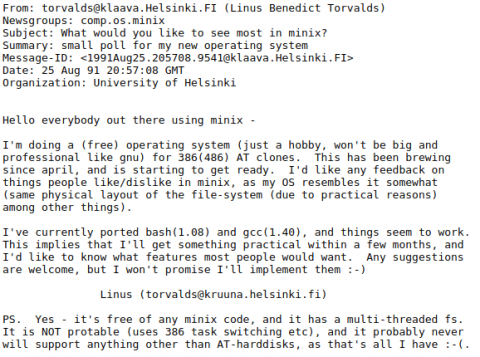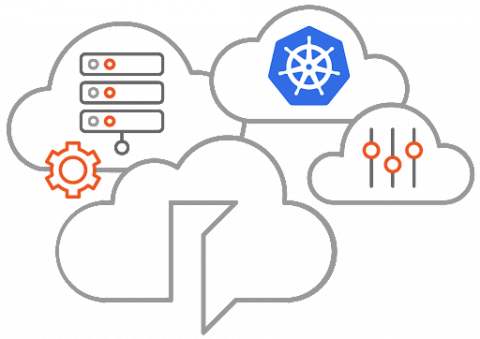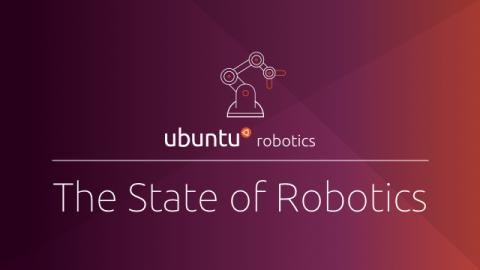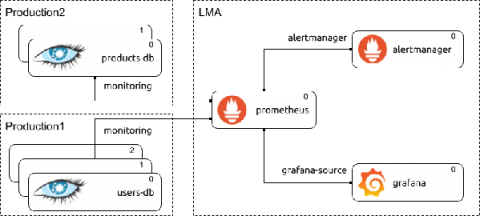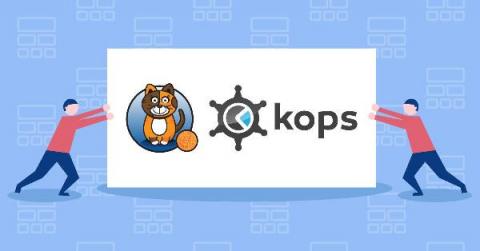Cloud PaaS through the lens of open source - opinion
Open source software, as the name suggests, is developed in the open. The software can be freely inspected by anyone, and can be freely patched as required to suit the security requirements of the organisation running it. Any publicly identified security issues are centrally triaged and tracked.




